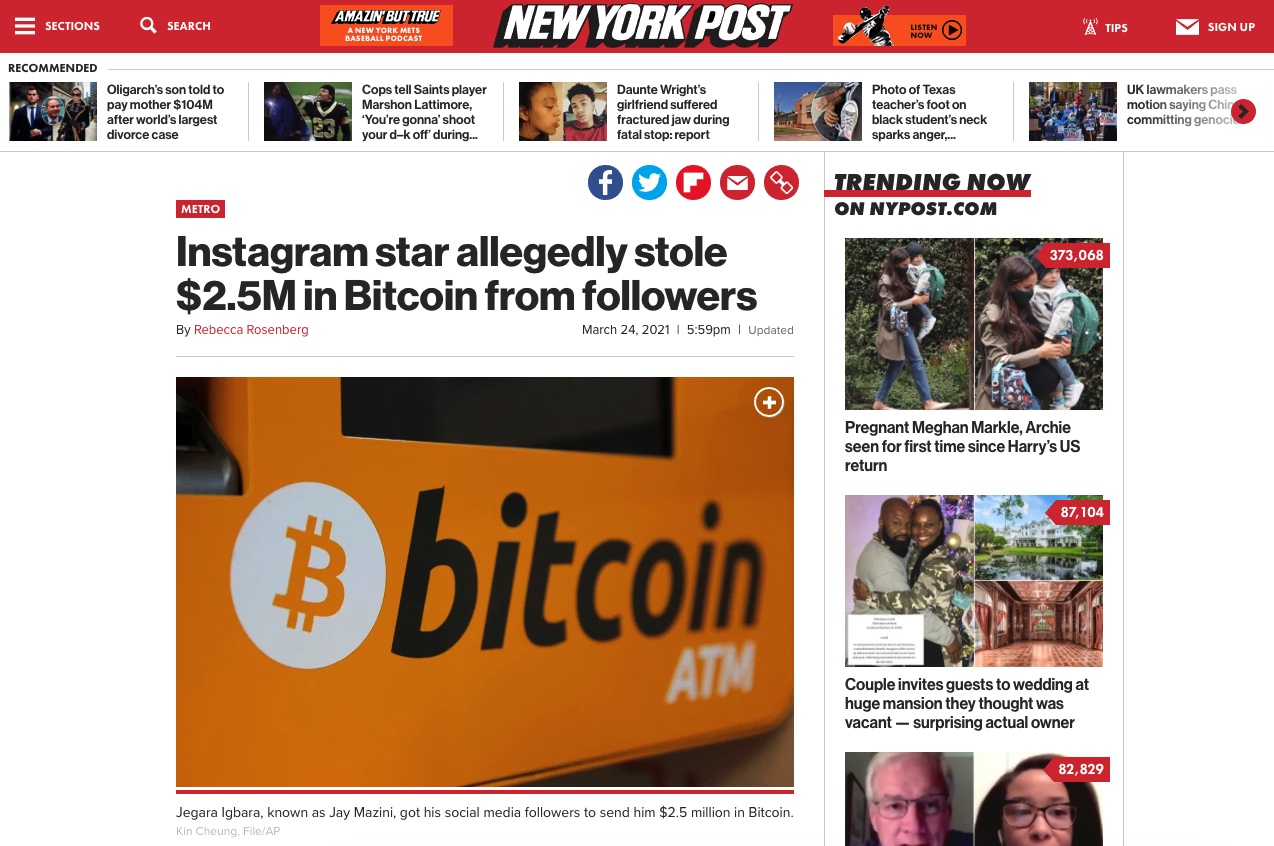Reasons You Might Receive a Letter
The letter that you get usually has information about the violations that you’ve committed or that you’re suspected of committing so that you can seek assistance from an attorney who can represent you. You’ll receive information about when and where the violation occurred, how much was involved with the transaction, and possible consequences that you could face if you’re found to be in violation.
Trafficking is a common type of violation that can occur with SNAP benefits. It often involves trading benefits for items that have a monetary value including weapons or drugs. You could also exchange the benefits for money. There are some situations that involve selling items that are ineligible for SNAP benefits, which is usually related to EBT benefits. In most cases, if you’re convicted of trafficking, then you’ll be disqualified from accepting SNAP benefits. If you’re charged with accepting SNAP for ineligible items, then it’s usually because you’ve accepted the benefits for things like paper products or toiletries. Although you might not be permanently banned from accepting SNAP, you could be disqualified for a set period of time.
What You Shouldn’t Do After Getting a Letter
There are a few things that you don’t want to do after receiving a SNAP violation letter. The first is to contact the USDA. Since the USDA works under a different process, you don’t really want to call attention to yourself. Many of the analysts who listen to your information could ask questions that can be used as evidence against you if the case goes to court.
If you’re request information about the violations that are claimed against you, the analyst could ask that you provide written information pertaining to the violations. The information that you send likely isn’t going to be used to your benefit. Instead, it will likely be used to show the USDA or the court that you did commit the violation.
Keep in mind that most analysts won’t work with you regarding your violations. The charges usually aren’t reduced, and fines usually aren’t negotiated so that you owe less than what you see in the letter. Once the USDA sends you information about a violation, the goal is to disqualify you from accepting SNAP benefits in the future. The only way that you can usually get around this is by hiring an attorney who works with cases like this so that you don’t say or do anything that could result in being disqualified.
When talking with anyone about the letter, you don’t want to reveal that violations have occurred. Even if something has happened, you don’t want to admit it to an analyst or an agent. The only person you should talk to is your attorney so that you can work together to put the best defense in place so that you might not be disqualified. Gather all of your records for the time frame that the violations are said to have occurred so that you can give them to your attorney. You want to be able to show that nothing occurred in your business pertaining to trafficking or other situations involving SNAP benefits aside from properly accepting the benefits from customers. In the event that something did happen, you should have a good reason as to why it took place.
Try not to get your employees involved in the actions that could be taken by the USDA unless you know that someone has committed a wrongful act. You don’t want to make accusations and lose your employees if they are innocent of any violations. Since you’re the owner of the business, you would still be held responsible for any violations that occur in your business. This means that placing the blame on someone else likely wouldn’t work anyway. If you try to use the defense that you weren’t at the store, it probably won’t play in your favor as the USDA wants to ensure that you know about everything that takes place in your store instead of you leaving and not knowing about any transactions that occur when you’re not working. It’s important to have someone on your side who understands violations and who can represent you in the best manner possible.















